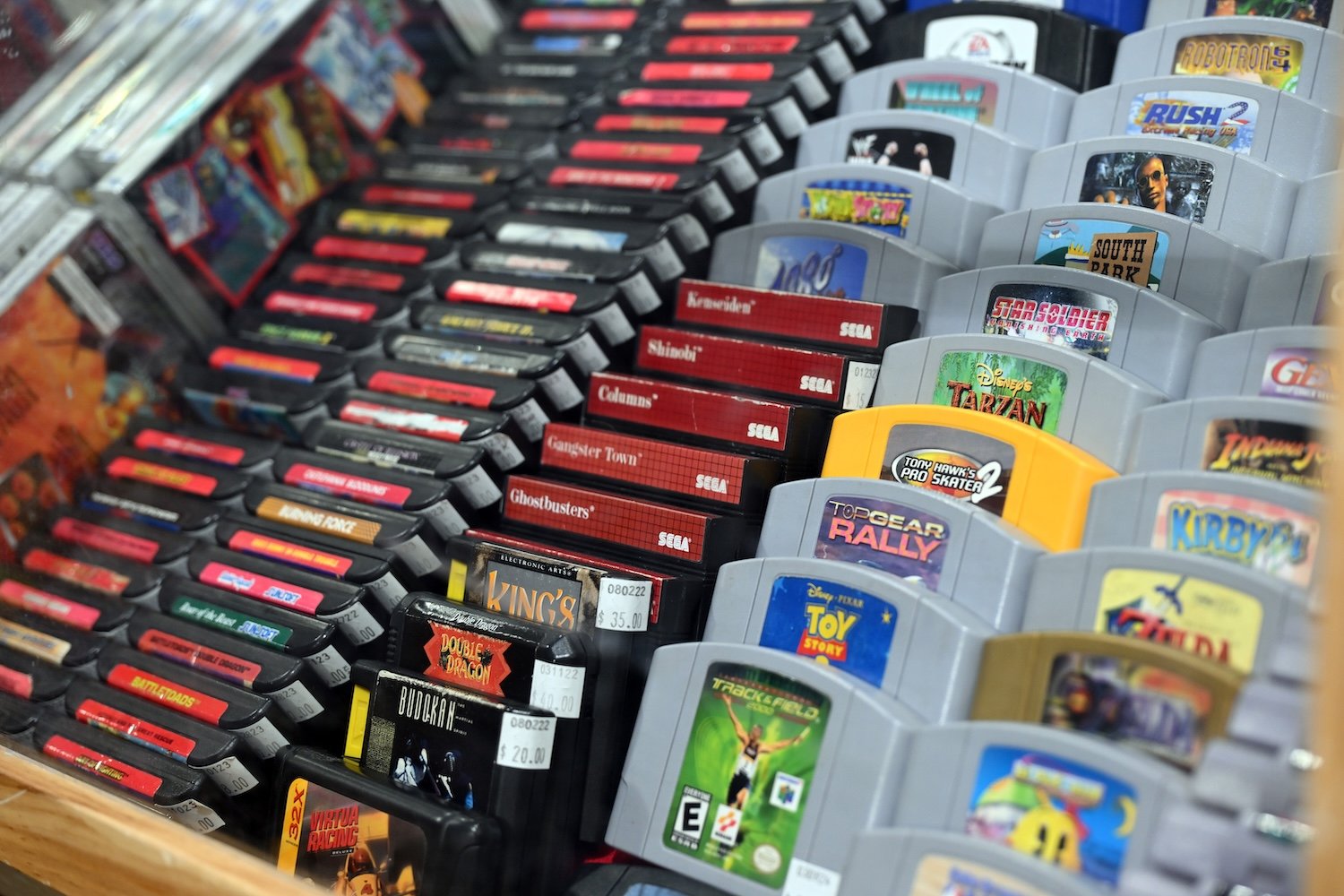“Most of the world’s video games from close to 50 years of history are effectively, legally dead. A Video Games History Foundation study found you can’t buy nearly 90% of games from before 2010. Preservationists have been looking for ways to allow people to legally access gaming history, but the U.S. Copyright Office dealt them a heavy blow Friday. Feds declared that you or any researcher has no right to access old games under the Digital Millennium Copyright Act, or DMCA.”



FTA
So as long as someone, somewhere, might make a penny off of them, they can’t be free. Insert your own metaphor here.
The same logic would apply to books. ::gestures at library::
There is a difference there in that these are digital copies (easy to make more copies) vs physical books (hard to make more copies).
That said, the only reason this is an issue is copyright lasts too long on relatively short lived games. If copyright on games was a more reasonable “15 years since their last major revision”, this wouldn’t be a problem.
Libraries rent out ebooks too, also easily stripped of DRM and copied if someone wants to so that. But that is seemingly not an issue.
As someone who may or may not have stripped DRM from library books, they certainly never seemed to care about that. And it was never even to share, but rather to store for myself so I could read it at my own pace. And the worst part… I read it for RECREATIONAL USE
You wouldn’t download a book?
I hate when they say, “You wouldn’t download a car”.
Yes, I fucking would!
You disgust me…what a sick and exploitive attitude.
What he’s saying is not beyond what Congress has previously laid down though. First sale doctrine should let you do whatever you want, but they actually banned renting phonographs because they thought people were recording them on tape. We’re lucky they didn’t outlaw movie rentals too back in the day. Whole copyright regime needs to die in a fire.
Libraries loan out ebooks and other media.
/pet peeve.
It’s been demonstrated multiple times that when you make access easy and affordable people will pay for it over pirating it.
And if that market demand isn’t being catered to, or is being actively refused to be served, is there any wonder people are finding other ways to get that stuff?
All they’re doing is hoarding this old software and preventing its use based on the speculation that they might eventually figure out a way to profit from long gone developers work.
It’s such bullshit it makes me want to start selling those knockoff consoles just purely out of spite.